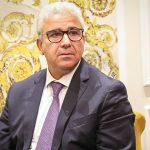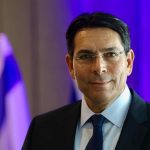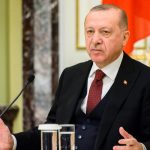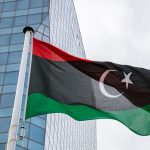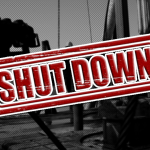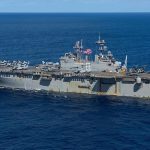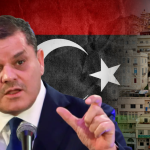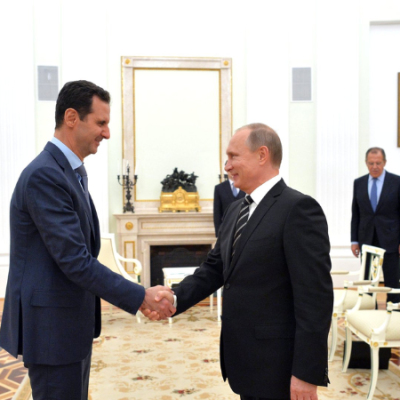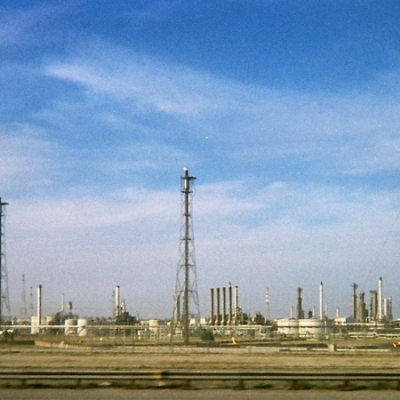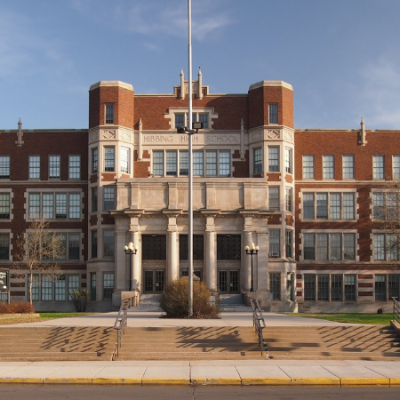Libyan conflict summarized by Bashagha: oil, central bank, and investments
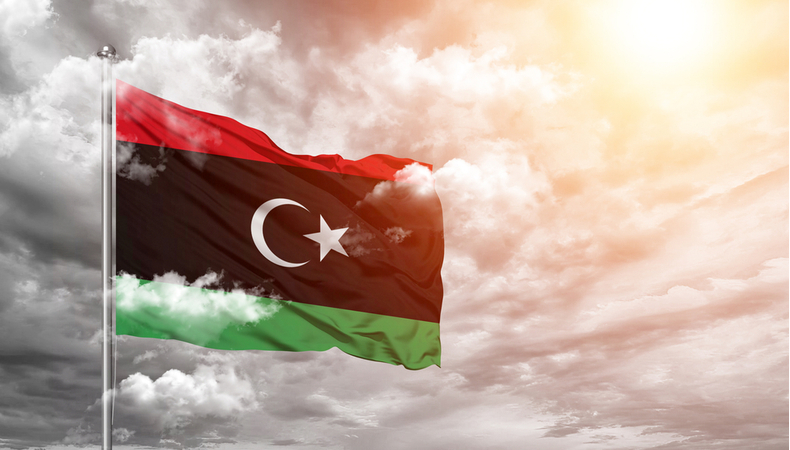
 Libya– Libya’s new Prime Minister, Fathi Bashagha, summed up the causes of the conflict in Libya in a statement released on Sunday, citing three institutions: the Central Bank, the National Oil Corporation (NOC), and the Libyan Investment Authority. He called for the independence of these institutions and their removal from political strife in order to avoid any military or political escalation, including the halting of oil production and the closure of ports.
Libya– Libya’s new Prime Minister, Fathi Bashagha, summed up the causes of the conflict in Libya in a statement released on Sunday, citing three institutions: the Central Bank, the National Oil Corporation (NOC), and the Libyan Investment Authority. He called for the independence of these institutions and their removal from political strife in order to avoid any military or political escalation, including the halting of oil production and the closure of ports.
The new Libyan administration, which was appointed by the House of Representatives, has emphasized the need of exercising caution and avoiding being entangled in the political and military escalation. The government stressed the importance of distancing the National Oil Corporation, the Central Bank of Libya, and the Libyan Investment Authority from attempts at political polarization and exploitation in a statement released Sunday morning, and committing to supporting these bodies in a way that serves Libya’s national interests.
Bashagha’s statement comes amid speculation that the Libyan National Army (LNA) may take actions to block oil production in the next days, especially after its representatives in the 5 + 5 committee asked for production to be halted, the coastal route to be closed, and flights to be suspended. These actions were performed in response to departing Prime Minister Abdul Hamid al-attempts Dbeibah’s to stymie the withdrawal of mercenaries by withholding wages from units linked with Field Marshal Khalifa Haftar’s LNA.
Related Posts
Bashagha appears to be backing away from any LNA moves in the coming days, fearing a harder position from the US against his administration. The United States has remained neutral on the Bashagha and Dbeibah administrations so far, and has endorsed a Turkey-sponsored push for negotiation. The battle has taken on several dimensions and shapes in recent years, but experts feel that the main struggle is for riches and control over oil earnings.
The Central Bank, and to a lesser extent the NOC, have long been accused of leaning with Islamists and their administrations in Tripoli, while the Libyan Investment Authority appears to be out of the limelight. The LNA has regularly suspended production and oil exports, accusing Tripoli’s administrations of favoring Islamists and militias and calling for a more equitable division of revenue. The LNA has also fought for the implementation of the parliament’s repeated votes to remove Saddek Elkaber from his post as governor of the Central Bank, but its demands have been ignored.
During the Tripoli conflict, which began nearly three years ago and ended with the defeat of the LNA and its return to its strongholds in the east and center of the nation, NOC leader Mustafa Sanalla backed the Government of National Accord. During the conflict, Sanalla blocked kerosene supply to the East in an effort to keep the army from utilizing it in the struggle for the city.
The transition of sovereign posts, headed by the head of NOC and the governor of the Central Bank, was one of the consequences of the Geneva Agreement, which ushered in the Dbeibah government. These changes did not occur in the end. Western nations, notably the US, are attempting to block attempts to limit oil production, which might deepen the global energy crisis, which has worsened as a result of the war in Ukraine and the failure of Western pressure on OPEC+ to boost output in order to lower prices.
Richard Norland, the US envoy to Libya, has advocated for the central bank’s independence and impartiality in recent months. “We agreed on the importance of transparency in regularly paying salaries and basic government expenditures for the benefit of the Libyan people, and maintaining the independence and impartiality of state institutions such as the Central Bank of Libya and the National Oil Corporation,” Norland said after a meeting with Elkaber in February. The US envoy’s comments came when Dbeibah stopped paying LNA officers’ wages, sparking suspicions that he was using the money to continue in power.
According to observers, Dbeibah is attempting to elicit a furious response from the LNA, which might result in the suspension of oil shipments. Dbeibah’s goal, according to analysts, is to make the LNA, parliament, and the incoming administration look to be adversaries of Western interests. They added that this might put further strain on the Bashagha.
Libya decided to suspend Russia’s participation in the UN Human Rights Council, a decision applauded by Europe. Libya became the first nation to have its own membership suspended in 2011, amid Muammar Qadhafi’s bloody assault on the uprising that toppled him. Russia is presently the second-largest country in the world. A spokesperson for the LNA, Major General Ahmed al-Mismari, denied that Haftar or the government had given instructions to shut down the country’s oil ports and fields.
Mismari was responding to reports that Haftar and the administration appointed by the House of Representatives had given orders to begin the gradual closure of all ports, oil fields, and gas pipelines beginning Sunday. He called the reports “false and unfounded.” Activists and social media sources reported on this after LNA members of the “5 + 5” Joint Military Committee announced on Saturday that they were suspending their work in the committee, urging Haftar to “issue an order to stop oil exports, close the coastal road, and stop flights between East and West.”

